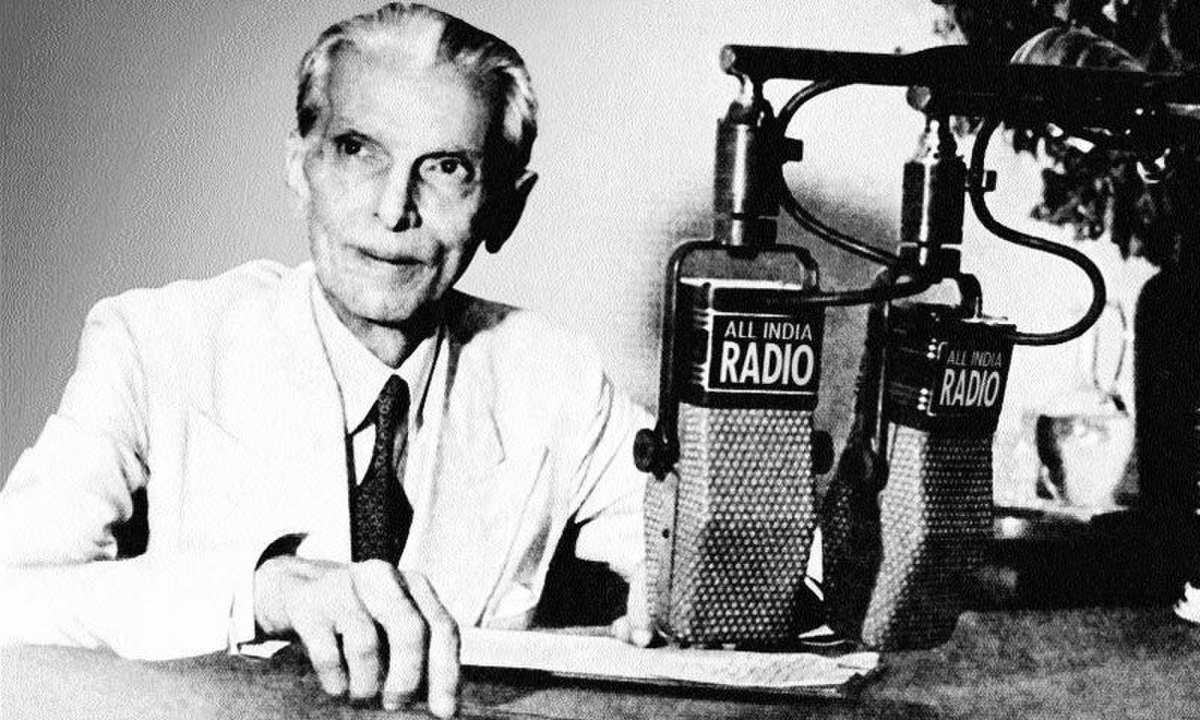
Founding Years of Pakistan
PakistanIn 1947, Pakistan emerged as a new nation with Liaquat Ali Khan as its first Prime Minister and Muhammad Ali Jinnah as the Governor-General and Speaker of Parliament. Jinnah, rejecting Lord Mountbatten's offer to be Governor-General for both India and Pakistan, led the country until his death in 1948. Under his leadership, Pakistan took steps towards becoming an Islamic state, notably with the introduction of the Objectives Resolution by Prime Minister Khan in 1949, emphasizing Allah's sovereignty. The Objectives Resolution declared that sovereignty over the entire universe belongs to Allah Almighty.[5]
The early years of Pakistan also saw significant migration from India, particularly to Karachi,[6] the first capital. To strengthen Pakistan's financial infrastructure, his Finance Secretary Victor Turner implemented the country's first monetary policy. This included establishing key institutions like the State Bank, the Federal Bureau of Statistics, and the Federal Board of Revenue, aimed at enhancing the nation's capabilities in finance, taxation, and revenue collection.[7] However, Pakistan encountered significant issues with India. In April 1948, India cut off the water supply to Pakistan from two canal headworks in Punjab, exacerbating tensions between the two countries. Additionally, India initially withheld Pakistan's share of assets and funds from United India. These assets were eventually released under pressure from Mahatma Gandhi.[8] Territorial problems arose with neighbouring Afghanistan over the Pakistan–Afghanistan border in 1949, and with India over the Line of Control in Kashmir.[9]
The country also sought international recognition, with Iran being the first to recognize it, but faced initial reluctance from the Soviet Union and Israel. Pakistan actively pursued leadership within the Muslim world, aiming to unite Muslim countries. This ambition, however, faced skepticism internationally and among some Arab nations. Pakistan also supported various independence movements in the Muslim world. Domestically, language policy became a contentious issue, with Jinnah declaring Urdu as the state language, which led to tensions in East Bengal. Following Jinnah's death in 1948, Sir Khawaja Nazimuddin became the Governor-General, continuing the nation-building efforts in Pakistan's formative years.
